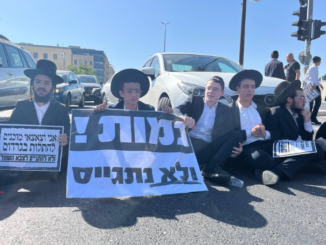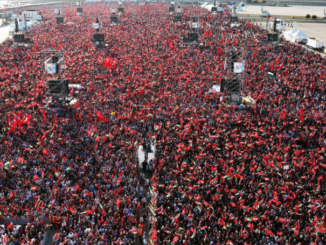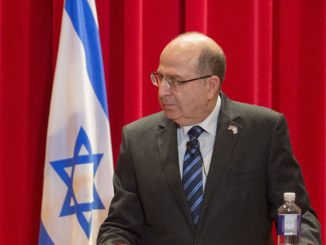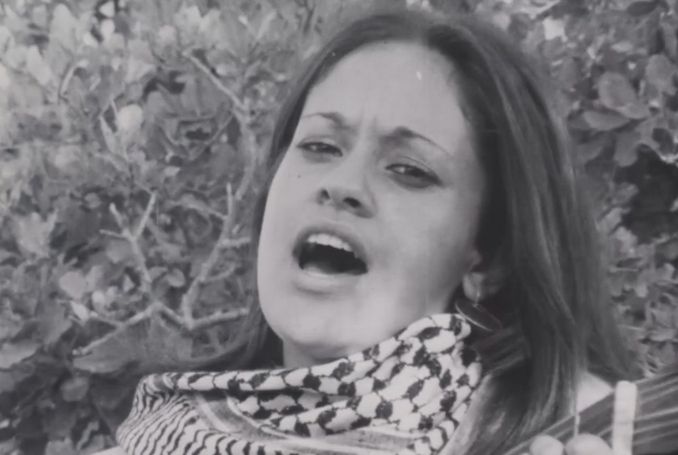
She whispers above the roars of the guns
Beckoning to all her daughters and sons
– “The Urgent Call of Palestine,” Lalita Panjabi

Though she was born and raised in Alexandria, Egypt, songwriter Zeinab Shaath proudly describes herself as a Gazzawiyya, pointing out the Gaza origins of her family. Her father’s pre-1948 exile from Palestine shaped her upbringing and, by the re-emergence of the Palestinian Revolution in the late 1960s, a teenage Zeinab had begun writing songs dedicated to the cause. In the decade to follow, she would feature in the first short film of Palestinian artist Ismail Shammout and release her own record, before performing her unique brand of musical poetry on three continents.
This photo and music essay documents some of Zeinab’s experiences as a musician-activist and forms part of a broader research project by Louis Brehony into contributions to Palestinian resistance music.[1]
Photos were generously provided by Zeinab Shaath and Bashar Shammout.


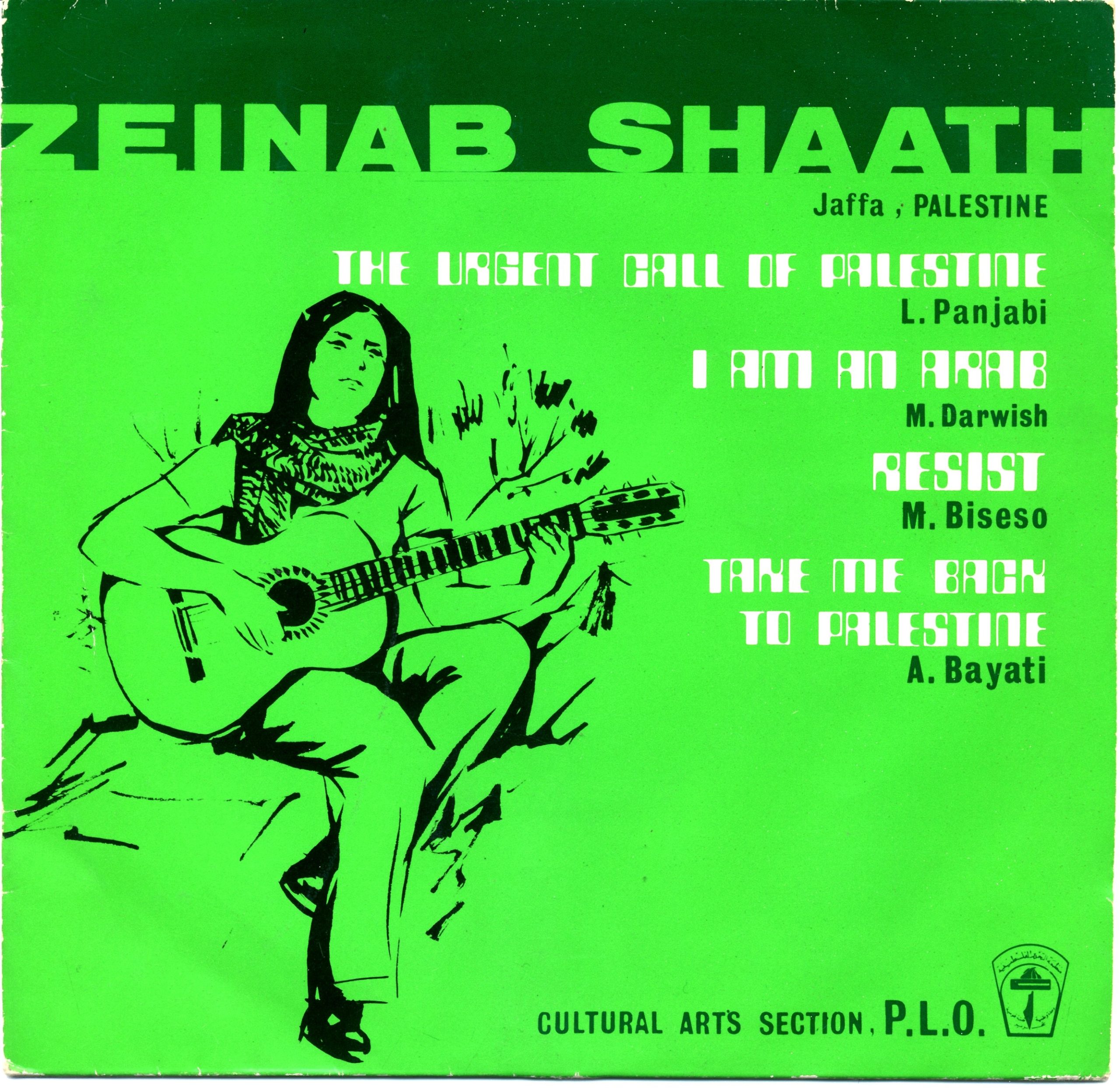
Among her first songs, and those appearing on her record, was Zeinab’s 1972 composition to the Mo’in Bseiso poem “Resist”:
They slapped down a paper
and a pen before my nose
In my hand they thrust
the key to my house
The paper they wanted me to blemish
said Resist… Resist
The pen they wanted me to disgrace
said Resist… Resist



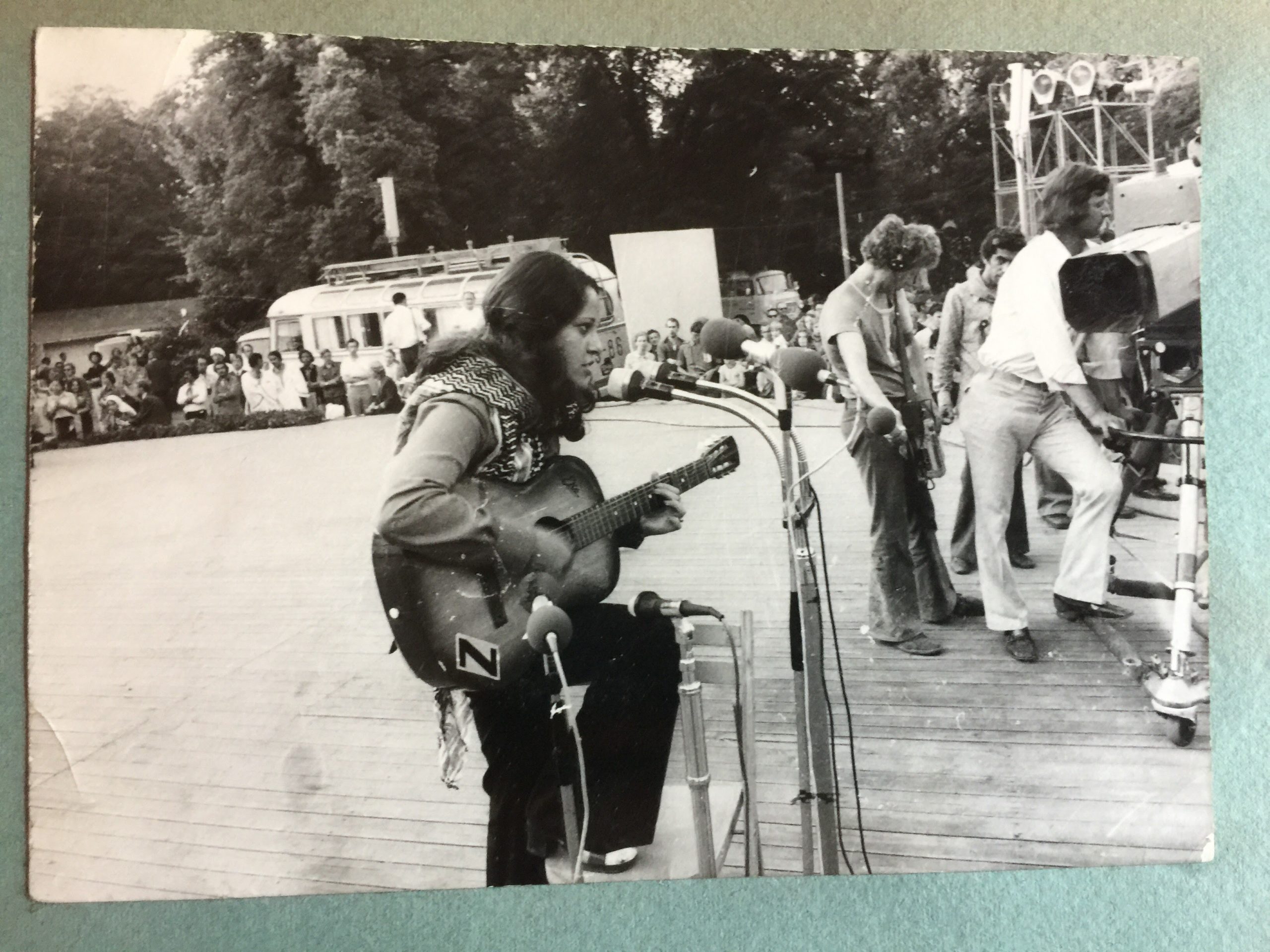
Moving to study in the US in 1976, Zeinab would later have children and “turn into an activist, rather than a singer.” In the meantime, she would sing in Boston, Chicago, Detroit, San Francisco and other cities, at protests, charity events and Arab community gatherings. “There were many student organizations, many protests during Sabra and Shatila, commemorations, I’d be singing there. I got married in 1982 and wanted to call it quits but [my husband] encouraged me to carry on.”
She’d continue writing songs too, with supporters finding her new translations of Palestinian poetry. Though some of the recordings would be lost, the spirit of Zeinab’s contribution would be encapsulated in the liberating spirit of the poetry she loved:
Here we shall stay
A wall upon your breast
Facing starvation
Struggling with rags
Defying
Singing our songs
Swarming the streets with our wrath
Filling your dungeons with pride
– “Here We Shall Stay,” Tawfiq Zayyad
[1] Quotes are from interviews and correspondence with Zeinab Shaath in spring 2022. Thanks are due to Issa Boulos for helping make initial contact.

– Louis Brehony is a musician, activist, researcher and educator. He is author of the book Palestinian Music in Exile: Voices of Resistance (2023), editor of Ghassan Kanafani: Selected Political Writings (2024), and director of the award-winning film Kofia: A Revolution Through Music (2021). He writes regularly on Palestine and political culture and performs internationally as a buzuq player and guitarist. He contributed this article to The Palestine Chronicle.

